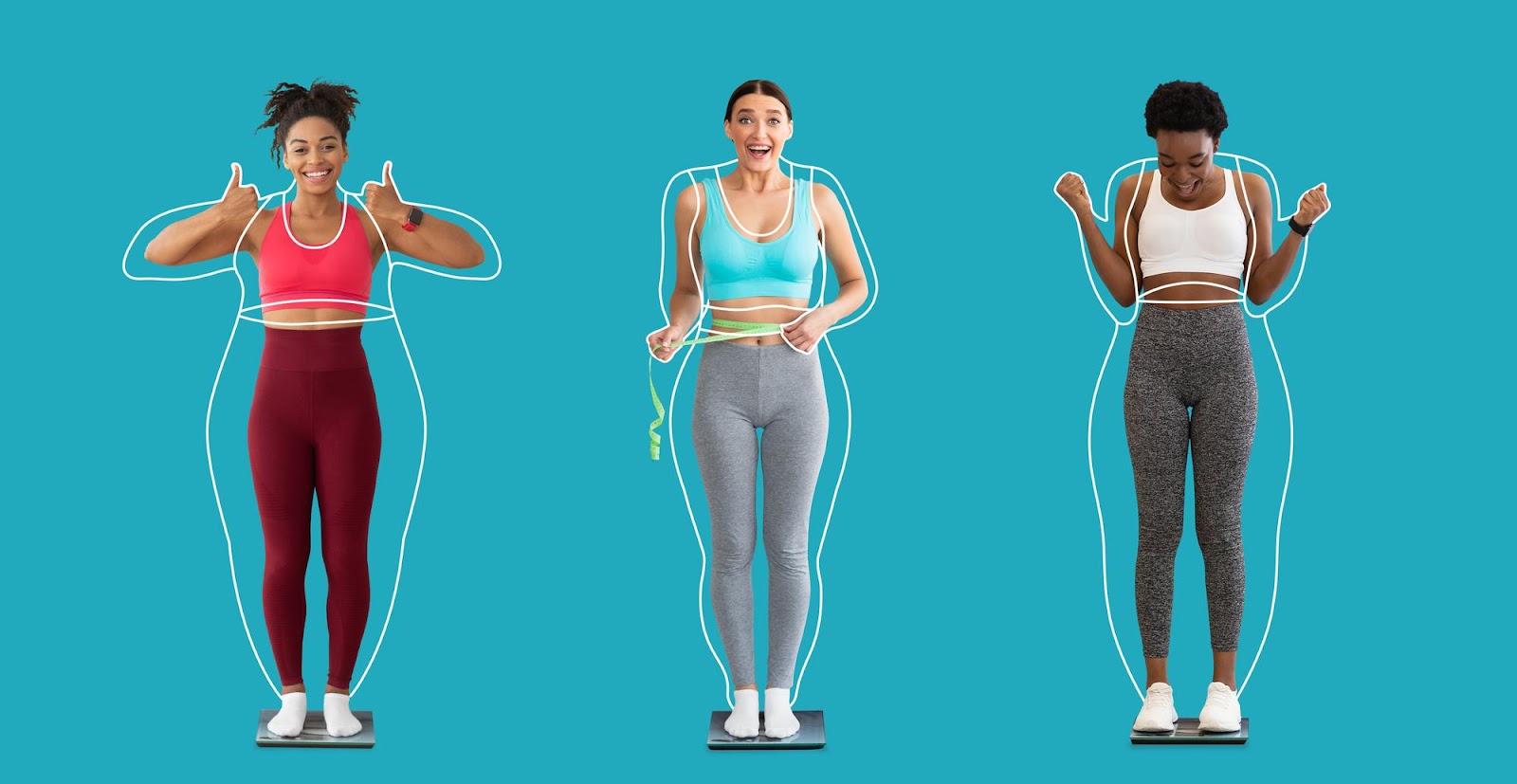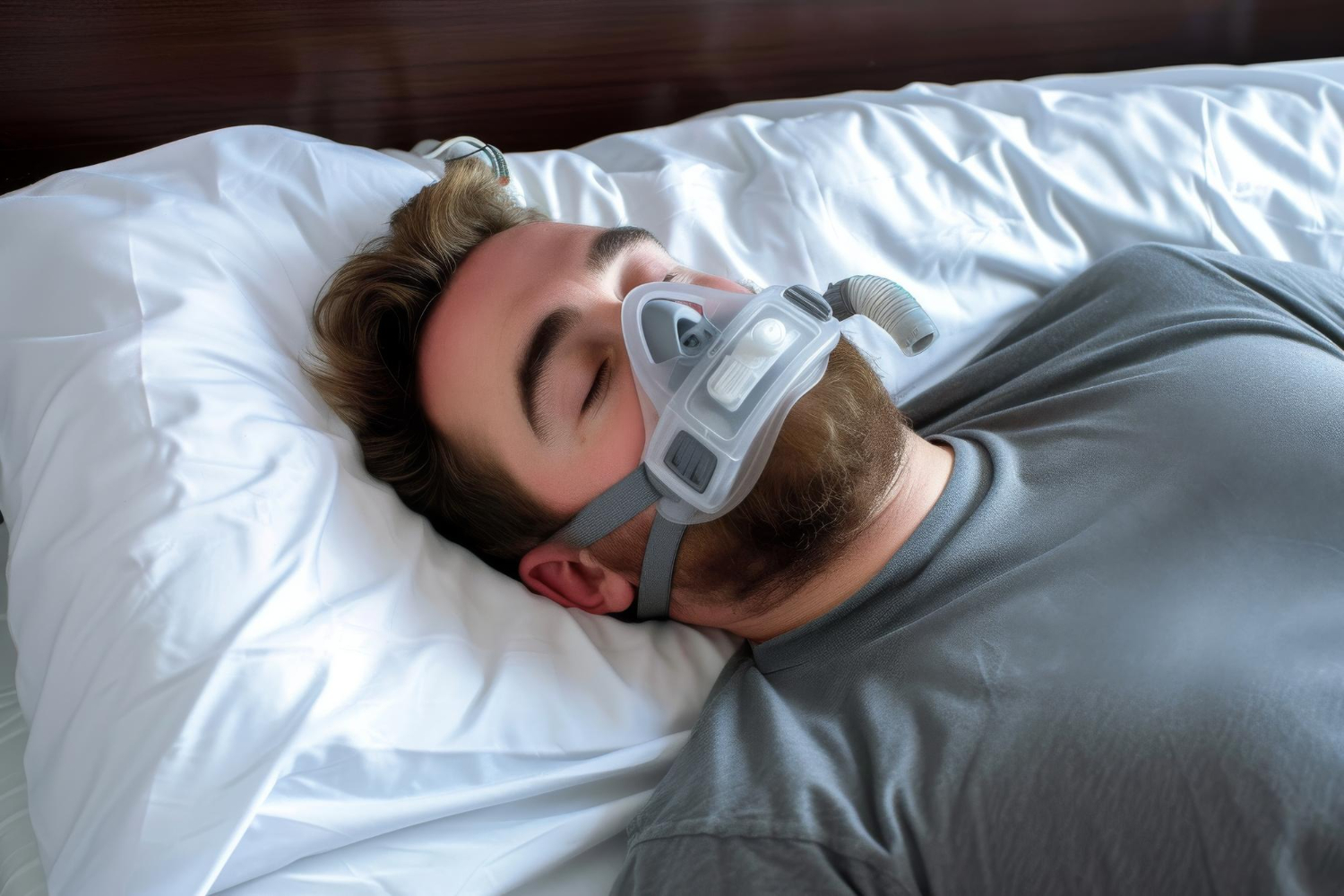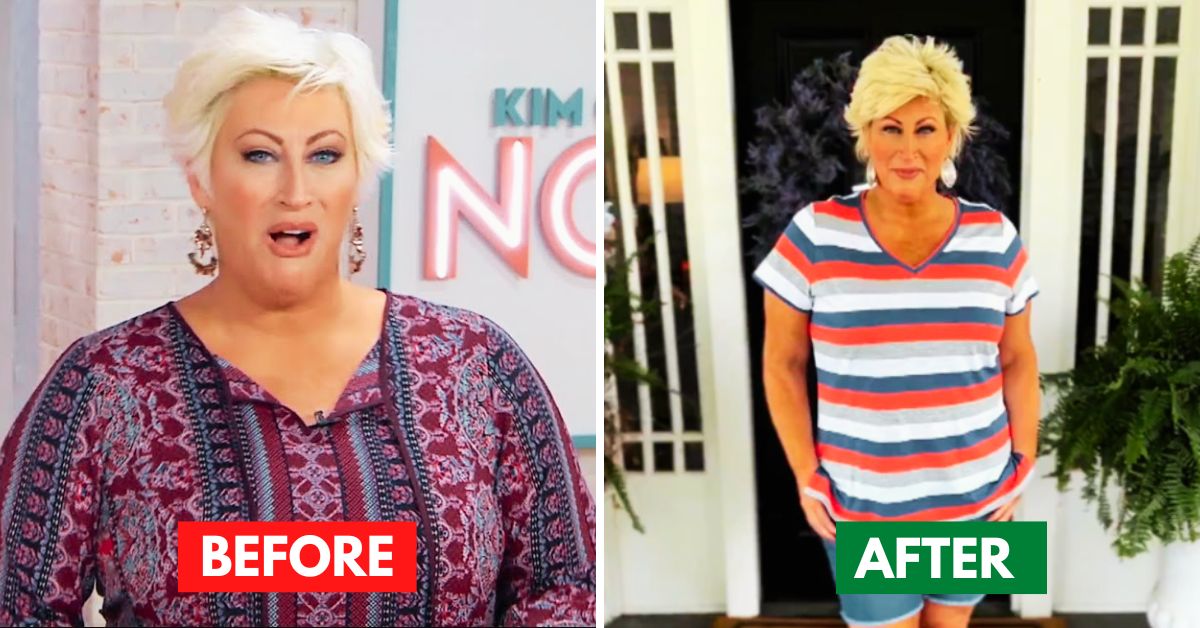Eye health can be puzzling, especially when you’re dealing with two common (yet seemingly unrelated) conditions like dry eye syndrome and floaters. Many people experience both at the same time and wonder, “Can dry eye syndrome cause floaters?” This blog dives into that question, tackles the myths, and equips you with practical advice for managing these issues.
If you’ve noticed discomfort from dry eyes or those faint, shadowy shapes drifting across your vision, you’re not alone. We’ll explore whether there’s a link between the two, explain the causes and symptoms of each, and provide actionable tips for treatment. By the end, you’ll have a clear understanding of how to protect and maintain your eye health.
What Is Dry Eye Syndrome?
Dry eye syndrome (often referred to as dry eye disease) occurs when your eyes don’t produce enough tears or when the tears they do produce are of poor quality. Tears are essential because they hydrate, protect, and lubricate your eyes. Without them, your eyes can feel gritty, irritated, or even strain to function normally.
Common Causes of Dry Eye Syndrome
Several factors can contribute to dry eyes, including:
- Age: Tear production tends to decrease as you get older.
- Hormonal Changes: Pregnancy and menopause are significant contributors.
- Medical Conditions: Autoimmune diseases like Sjögren’s syndrome or diabetes are known culprits.
- Environmental Factors: Living in windy, smoky, or dry climates can exacerbate symptoms.
- Medication Side Effects: Birth control pills, antihistamines, and blood pressure medications can interfere with tear production.
- Screen Time: Long hours spent staring at screens can decrease your blink rate, leading to tear evaporation.
Symptoms of Dry Eye Syndrome
Look out for these signs that you might have dry eye syndrome:
- Irritation, burning, or a scratchy sensation
- Sensitivity to light
- Redness and watery eyes (oddly, over-tearing can be a response to underlying dryness)
- Blurred or fluctuating vision
- Mucusy strings or buildup on the eye
If left untreated, chronic dry eye syndrome can lead to complications such as infections or damage to the ocular surface.
What Are Eye Floaters?
Floaters are small shapes that appear in your line of vision and may look like spots, strings, or cobweb-like shadows. They’re typically harmless but can be bothersome, especially against bright backgrounds like the sky or a white wall.
Common Causes of Eye Floaters
Floaters typically occur when the gel-like substance in your eyes, known as the vitreous, starts to break down. This is a normal aging process, but other causes include:
- Eye Injuries or Trauma: Incidents affecting the eye can lead to persistent floaters.
- Retinal Detachment or Tears: These are medical emergencies and require immediate attention.
- Inflammation or Infections: Issues like uveitis can cause floaters.
- Bleeding within the Eye: This can result from diabetes or other health conditions.
When Are Floaters a Concern?
While floaters are often benign, seek medical attention if you experience:
- A sudden increase in floaters
- Flashes of light in your vision
- Darkness at the sides of your vision (a potential sign of retinal detachment)
Can Dry Eye Syndrome Cause Floaters?
To put it simply—no, dry eye syndrome does not cause floaters. However, it’s easy to see why people often link the two. Both conditions can occur simultaneously, usually among individuals with shared risk factors like aging, diabetes, or chronic inflammation.
Understanding the Connection (or Lack Thereof)
- Dry eyes are caused by issues with tear production or quality, while floaters result from changes in the vitreous gel within your eye.
- Both conditions may occur at the same time, but this is by coincidence rather than causation.
- Misunderstanding the link can lead to unnecessary worry or incorrect assumptions about your eye health. It’s always best to consult a professional for clarity.
How to Treat Dry Eye Syndrome
Dry eye syndrome is manageable with the right approach. Try these at-home remedies and professional treatments to ease discomfort and protect your eyes:
Home Remedies
- Use Artificial Tears: Opt for preservative-free lubricating eye drops to avoid further irritation.
- Warm Compresses: A simple warm compress can help unclog your meibomian glands, which produce the oil layer of your tears.
- Lifestyle Adjustments: Limit screen time, increase humidity in your home, and improve your diet with omega-3 fatty acids.
Professional Treatments
- Prescription Eye Drops: Medications like cyclosporine can reduce inflammation in your eyes.
- Blocked Tear Ducts: Tiny plugs can be inserted to prevent tears from draining too quickly.
- Advanced Therapies: Procedures like intense pulsed light (IPL) or meibomian gland expression can improve tear production and quality.
How to Manage Eye Floaters
For most people, floaters become less noticeable over time and do not require treatment. However, if they interfere with your day-to-day life, options are available:
- Vitrectomy: This surgical procedure removes the vitreous gel and replaces it, eliminating floaters. While effective, it’s typically reserved for severe cases due to associated risks.
- Laser Therapy: Certain lasers can break up floaters, though this method is rarely used.
Always consult an eye professional to evaluate whether floaters need intervention.
When to See an Eye Doctor
Eye health is critical, so don’t delay a visit to your optometrist or ophthalmologist if you notice:
- Persistent dry eye symptoms, especially if home remedies don’t help
- A sudden flood of floaters or flashes of light
- Any changes in your peripheral vision (a possible warning sign of retinal issues)
Routine eye exams are essential for monitoring your health and catching potential problems early.
Clear Vision Starts with Care
While dry eye syndrome and floaters can both be a nuisance, understanding their differences and proper treatments can provide relief and peace of mind. It’s essential to tackle persistent symptoms early and regularly consult your eye doctor to maintain your vision health.
Prioritize your eyes—they deserve it! If you’re facing dry eyes, floaters, or both, schedule an appointment with your optometrist today for personalized care and solutions tailored just for you.
FAQs
Can dry eye syndrome cause floaters?
No, there is no proven link between dry eye syndrome and floaters. They may coexist due to shared risk factors like aging or specific medical conditions.
Do lubricating eye drops help with floaters?
While eye drops are effective for relieving dry eye symptoms, they have no impact on floaters, as floaters occur within the vitreous and not on the surface of the eye.
What conditions commonly cause floaters?
Besides aging, floaters can result from retinal tears, diabetes-related complications, inflammation, and trauma to the eye.
How can I prevent dry eyes or floaters?
Stay hydrated, limit environmental irritants, blink more frequently while using screens, and schedule regular eye checkups.

















